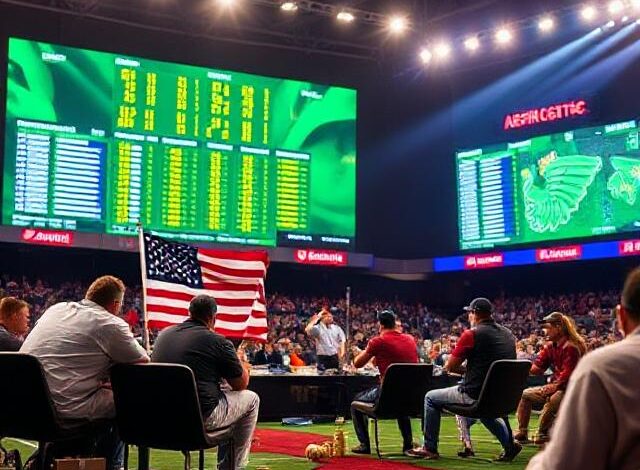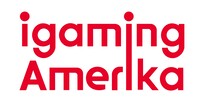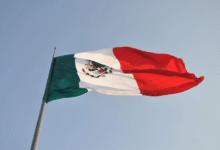US Sports Betting Index 2025: Ranking States by Policy

The Center for Consumer Choice, a prominent international advocacy group focused on consumer rights, has recently published its 2025 Sports Betting Index. This report updates the findings from their 2022 study, providing a comprehensive ranking of U.S. states based on their policies surrounding sports betting. The index highlights which states have adopted more open and consumer-friendly approaches versus those with restrictive measures.
Leading the nation in progressive sports betting policies are Nevada, Iowa, Wyoming, Kansas, and West Virginia. These states are recognized for their innovative and balanced approaches, which promote market growth and consumer protection. Conversely, states such as Colorado and New Hampshire have experienced a decline in their rankings since 2022, primarily due to increased tax burdens or restrictions on wagers involving college athletes. Emil Panzaru, the Director of Research at the Consumer Choice Center, pointed out that the top-ranking states share certain key policies. “The 14 highest-ranking states (rated A+ or A) have the same policies in common,” he explained. “They do not discriminate between online and retail betting, do not impose restrictions on how much or how often consumers can wager, and feature competitive markets rather than monopolies controlled by a single firm.” In contrast, the lowest-ranked states are those that have not legalized sports betting or have implemented excessive taxes and limits that hinder market development.
The report emphasizes that Nevada, Iowa, Wyoming, Kansas, and West Virginia serve as models for effective, consumer-oriented sports betting environments. Their balanced tax structures, high market accessibility, and minimal restrictions foster industry growth while simultaneously providing a protective barrier against illegal gambling. This is particularly important in preventing illicit activities by foreign operators that often lack consumer protections.
The index also notes a decrease in the number of states with outright bans on sports betting, dropping from 15 states in 2022 to 11 in 2025. Recently, Kentucky, Massachusetts, Missouri, and Vermont have legalized sports betting, while states like Hawaii, Texas, and Minnesota are exploring legislation to expand options for consumers. On the other hand, states with heavy regulatory intervention, such as Montana, continue to impose high barriers to entry and maintain discriminatory tax policies. Montana, for instance, limits maximum bets to $250 in person and $1,000 through the state’s Sports Betting Montana platform.
Read also: NBA Addresses Regulatory Gaps in Growing Sports Betting Sector
Taxation levels also play a significant role in the rankings. Lower-ranked states tend to have higher effective tax rates, with some states like New York, Rhode Island, and New Hampshire reporting a 50% tax rate on sports betting profits. In practice, this translates to an effective tax rate of around 81%, which discourages industry growth and drives consumers toward illegal betting options. This trend is reflected in the record-breaking bets placed on the Super Bowl in 2025, with Americans expected to wager approximately $1.39 billion. Despite resistance from states like California to fully legalize sports betting, participation remains extraordinarily high, fueled not only by legal channels but also by loopholes and illegal online bets with foreign operators.
Panzaru concluded by emphasizing that the data underscores an important point: “The rankings prove once again that prohibitions and excessive restrictions do not work. Banning legal applications to provide competition, imposing extremely high taxes, and arbitrary limits on the number and size of bets per day are a boon only for illegal bookmakers, who do not have to worry about the costs of these regulations.”















